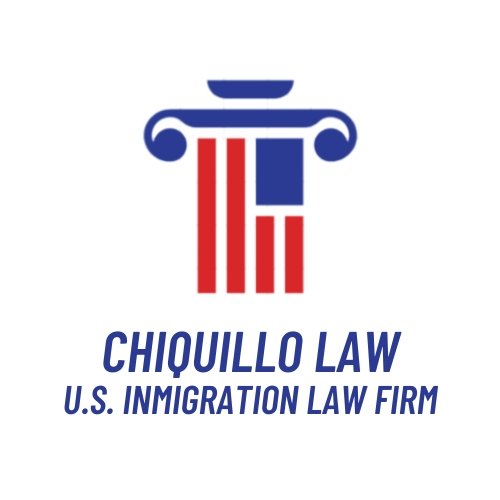Frequently Asked Questions
How do I know if I'm working with an attorney or a notary public?
Attorneys are licensed professionals who have studied and practice law. They have sworn an oath to defend their clients’ rights and ensure that justice is served. Juan Carlos Chiquillo is licensed in the state of New York and has demonstrated his commitment to defending immigrants.
In contrast, notary publics are not attorneys, have not studied law, and should not provide legal advice. In immigration matters, this is especially dangerous as mistakes can have serious and permanent consequences.
If you wish to verify if a professional is licensed as an attorney in New York, you can visit:
🔗 http://iapps.courts.state.ny.us/attorney/AttorneySearch.
At Chiquillo Law, we only work with licensed attorneys experienced in immigration law in all 50 U.S. states.
How do I get my Green Card?
There are several ways to obtain permanent residency in the U.S., including:
- Through a family member who is a citizen or resident.
- Through a job offer or investment.
- By applying for asylum or refugee status.
- By applying for the Diversity Visa Lottery.
Each case is unique, so it’s important to consult with an attorney to evaluate the best option.
How do I obtain U.S. citizenship?
To apply for U.S. citizenship, you generally must:
- Be a permanent resident (Green Card holder) for at least 5 years (or 3 years if married to a U.S. citizen).
- Meet physical presence and good moral character requirements.
- Pass a U.S. history and government exam, as well as an English test (with some exceptions).
- File Form N-400 and attend an interview with USCIS.
At Chiquillo Law, we guide you through each step to ensure your process is successful.
Can I automatically get my Green Card if I marry a U.S. citizen?
Not automatically. Marrying a U.S. citizen makes you eligible to apply for residency, but you must meet requirements and prove that the marriage is genuine. USCIS will review your case and you may have an interview to verify the authenticity of the relationship.
Can I extend my visitor visa?
Yes, in some cases you can request an extension of your tourist visa (B1/B2) before it expires. You must file Form I-539 with USCIS and demonstrate valid reasons for staying longer, such as medical emergencies or extended travel.
Do not attempt to stay longer than permitted without requesting an extension, as this can affect future visa applications.
Do I need to have legal immigration status to report a crime? Can the police share information with ICE?
No. If you are a victim of a crime, you have the right to protect yourself and seek justice, regardless of your immigration status. There are protections like the U Visa, designed for victims of crimes who collaborate with the police.
In many cities and states, the police do not automatically share information with ICE, but this varies by location. If you have any doubts, consult with an attorney before making any statement.
Can I get my Green Card or work permit under the "10-Year Green Card" rule?
There is no “10-year green card law” as such. However, some people may be able to avoid deportation if they have lived in the U.S. for more than 10 years, have U.S. citizen or resident relatives who would suffer extreme hardship if they are deported, and meet other legal requirements.
This process is called Cancellation of Removal and is only granted in specific circumstances. Consult with an attorney to evaluate your case.
What is the difference between CBP, ICE, USCIS, and Immigration Courts?
The U.S. immigration system involves several government agencies with distinct functions:
- CBP (Customs and Border Protection): Controls borders and airports. Decides if people can enter the U.S.
- ICE (Immigration and Customs Enforcement): Enforces immigration laws within the country, including detentions and deportations.
- USCIS (U.S. Citizenship and Immigration Services): Processes applications for residency, citizenship, visas, and work permits.
- Immigration Courts: Decide deportation cases and other immigration legal processes.
Each entity fulfills a distinct function, so it’s important to have legal advice to know how to interact with them.
This process is called Cancellation of Removal and is only granted in specific circumstances. Consult with an attorney to evaluate your case.


